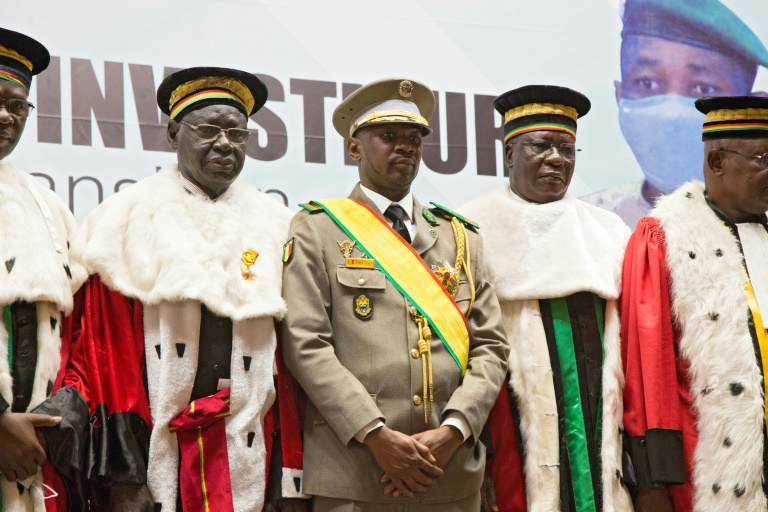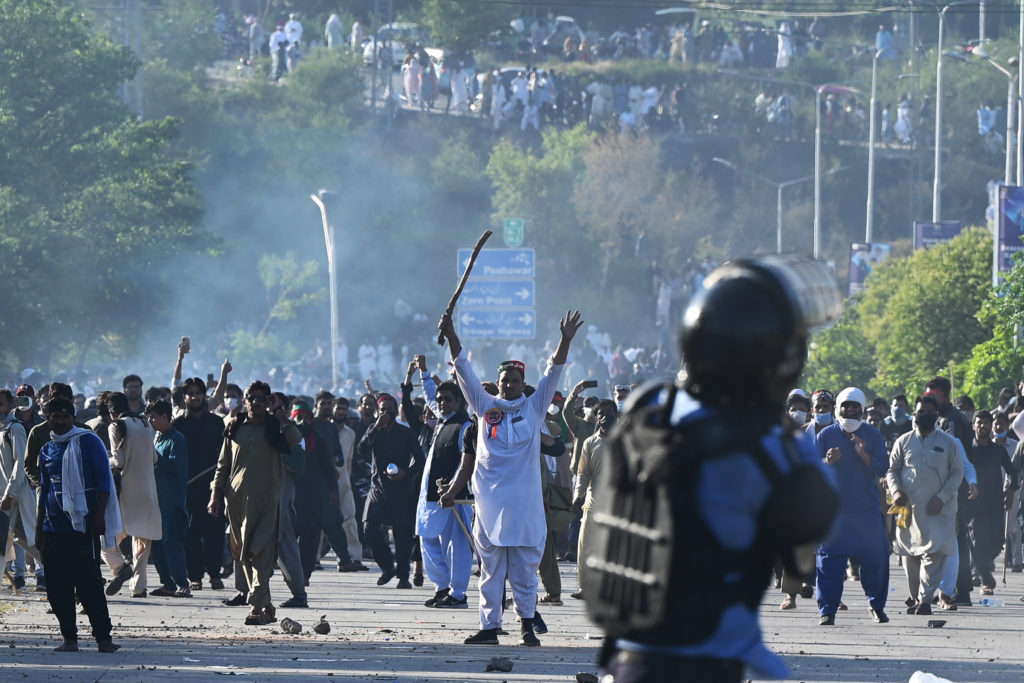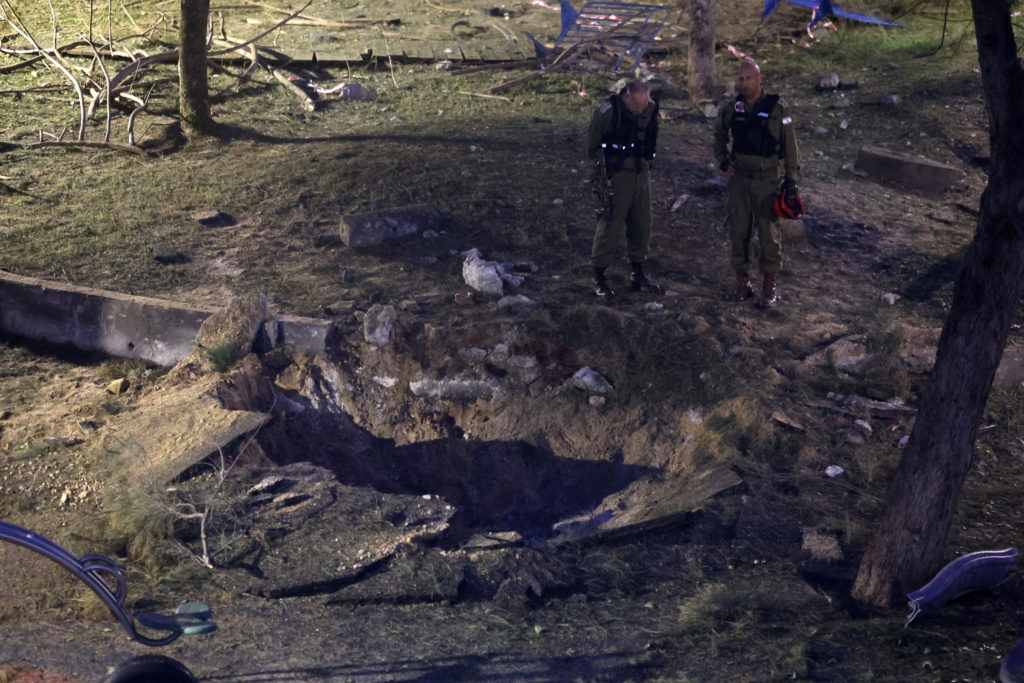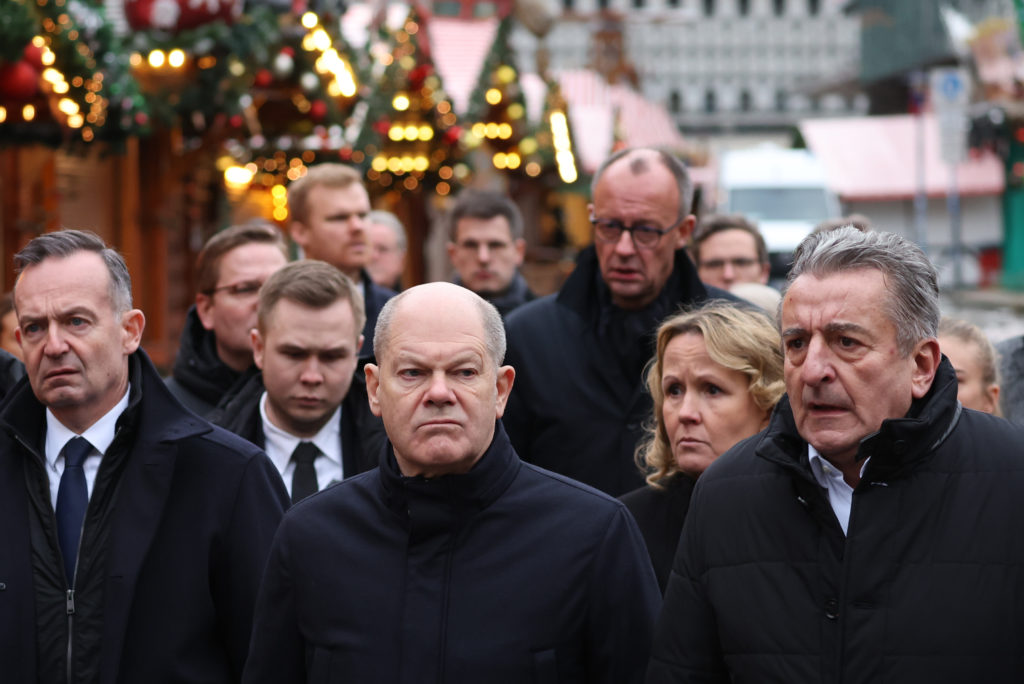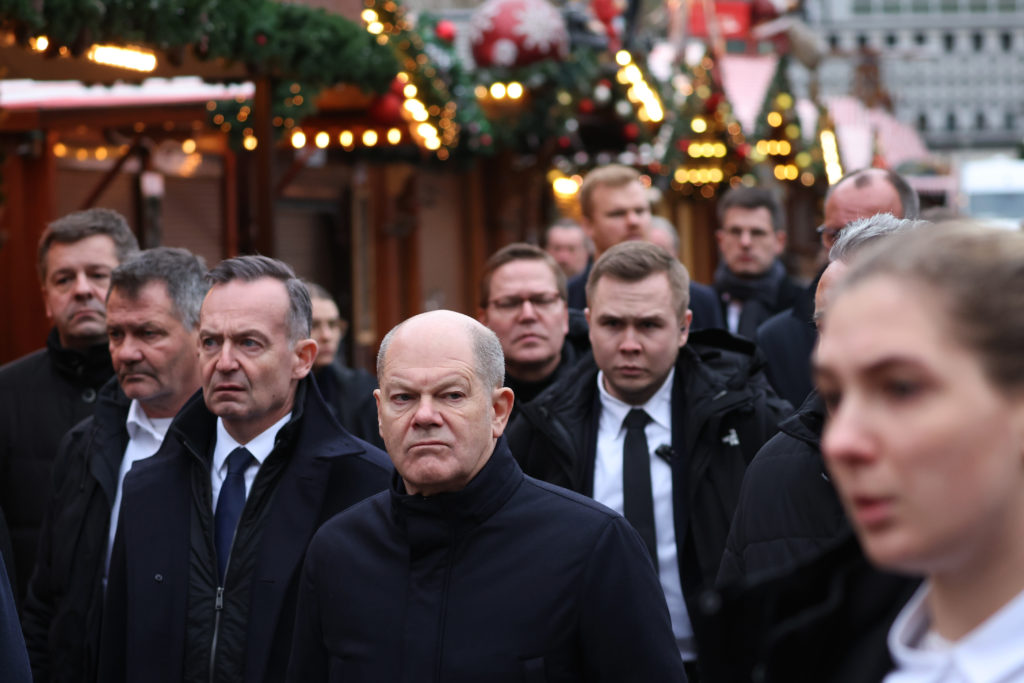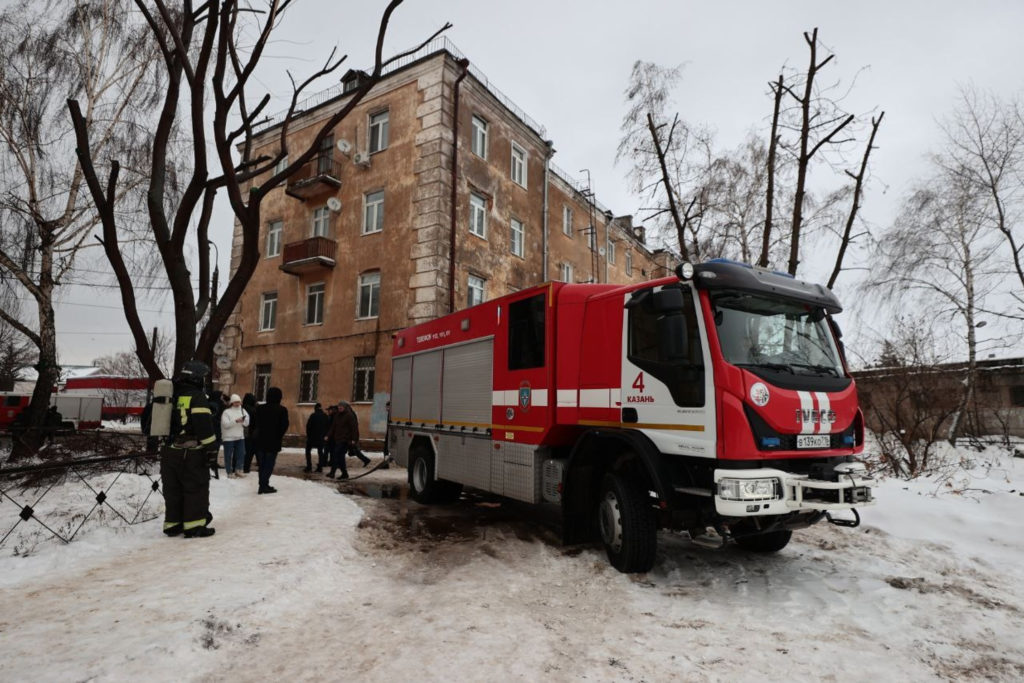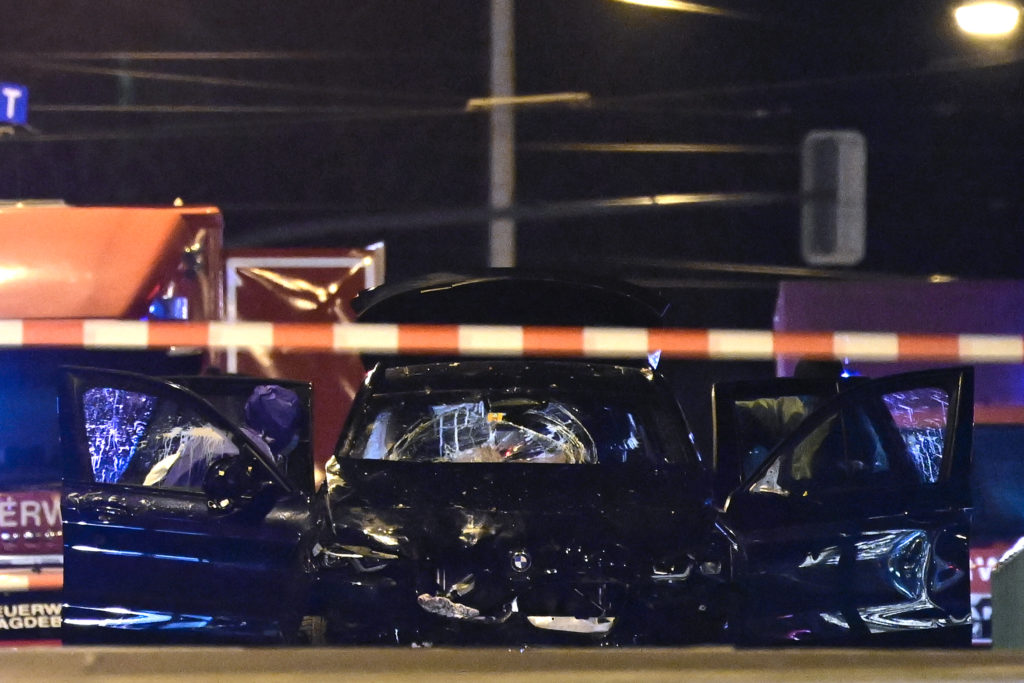Malian strongman Colonel Assimi Goita stood by the goal of staging elections next February as he was sworn in as transitional president on Monday, also naming a civilian premier after international outrage over the country’s second coup in nine months.
Goita, who had already headed a coup that toppled the West African country’s democratically elected leader last August, ousted the civilian president and prime minister of a transitional government on May 24.
In doing so, he sparked diplomatic uproar and deepened fears of chaos in a country key to efforts to stem the jihadist insurgency sweeping the Sahel.
“I swear before God and the Malian people to preserve the republican regime… to preserve democratic gains,” said Goita during the swearing-in ceremony in the capital Bamako.
The colonel, dressed in full military regalia, added that Mali will stick to its commitments and pledged to stage “fair and transparent” elections by February next year.
It is unclear how Mali’s partners and neighbours, who have condemned the second coup, will respond.
The latest putsch prompted the African Union and the Economic Community of West African States (ECOWAS) to suspend Mali, and to call for the appointment of a civilian prime minister.
France also suspended military cooperation with Malian forces and stopped giving military advice.
– PM from opposition –
After Goita’s swearing in, Malian political veteran Choguel Maiga was announced as prime minister in a statement read out on Mali’s national broadcaster.
The 63-year-old’s appointment had been expected for days. As a leading figure in the opposition M5 movement, Malian observers view Maiga as a figure who can lend credibility to the post-coup administration.
The M5 helped build dissent that led to the ouster of former president Ibrahim Boubacar Keita last August following mass protests over perceived corruption and a bloody jihadist insurgency.
But the movement became sidelined in the first post-coup government, which was dominated by military figures.
This transitional government pledged to reform the constitution by October, and stage elections in February.
Still, the M5 became a vocal critic, calling the transitional government a “disguised military regime”.
However there has a rapprochement between the group and the army since the May 24 coup.
Soon after the putsch, Goita floated that he wanted to appoint an M5 figure as his prime minister.
The appointment of a civilian premier fulfils a key international demand.
– Rifts ahead –
Maintaining its international partnerships, not least with former colonial power France, is crucial for Mali, one of the world’s poorest countries and whose security forces suffer from poor equipment and training.
France has 5,100 troops stationed in the Sahel to help fight jihadist violence that erupted in Mali in 2012 and now threatens the region.
By stressing that Mali would stick to its commitments on Monday, Goita appeared to be seeking to allay international concerns.
In a move that will reassure foreign partners, the colonel also promised to continue work on the 2015 Algiers accord, a shaky agreement between the central government and several armed groups.
The deal, which has never been fully implemented, is seen as crucial to ending Mali’s grinding conflict.
Its future was put into question, however, when it became clear that Maiga was poised to become the prime minister.
As an opposition figure, he had been a vocal critic of the peace accord.
Other potential rifts loom on the horizon.
Maiga is close to religious leader Mahmoud Dicko, who has repeatedly spoken in favour of negotiating with the jihadists — a position ferociously opposed by France.
Goita himself alluded to such negotiations on Monday, stating during the ceremony that “inclusive national dialogue” will continue in a “judicious manner”.
bur-sd-ah-siu/eml/dl

